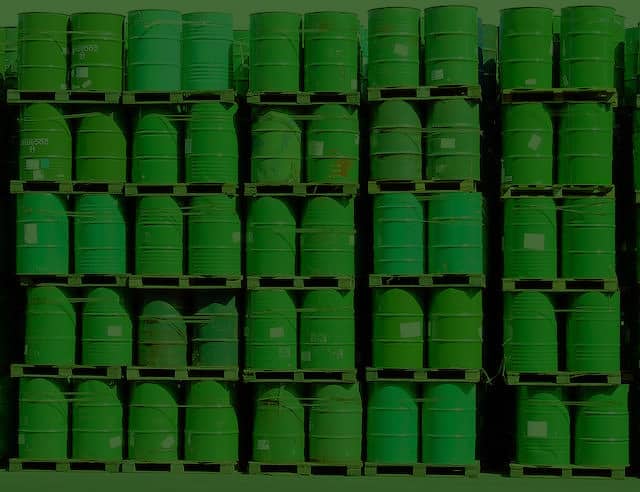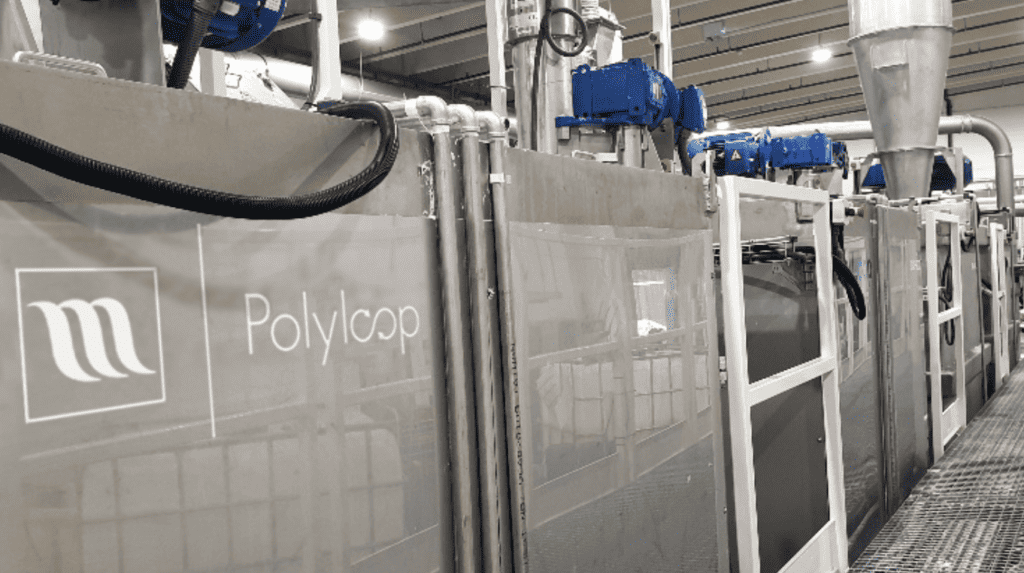Three reasons for fluctuating plastic recycling prices
There are a whole host of reasons why a commodity’s price peaks and troughs; in some instances it can be as simple as the day of the week, or if it has rained. In other instances it could be a very complicated chain reaction, involving multiple countries on several continents in a variety of industries, being influenced by a combination of governments. Plastic recycling prices are always changing, some because of simple reasons, and some because of very complicated ones.
Starting in China, the introduction of ‘Operation Green Fence’ means that the Chinese can only import uncontaminated and high quality plastics. However, the cost of sorting the materials is steadily raising plastic recycling prices. Europe doesn’t appear to be benefiting from the situation, as currently reports are implying that only 12% of all plastic waste in the EU is being recycled. Suggestions are coming from China that rising domestic labour prices combined with rising tariffs are damaging China’s ability to compete in the plastics procurement market.
Alternate ideas suggested that the ‘Green Fence’ may be coming down in the near future, with support for the scheme decreasing. On the European side of things, customs controls are getting stricter and contaminated material is increasingly unlikely to be exported. With recycling rates appearing so low in the EU, and England only recycling a reported 19% of it’s 600 million tonnes of produce, there appears to be a whole lot of recyclable potential. Claims are that the EU does not have the capability to recycle as much waste as it would like, and avenues are being explored to counteract this.
Secondly, the escalating price of crude oil plays a big part in plastic recycling prices. Last weekend saw the highest gas station prices in the history of the USA. Oil prices will continue to rise, as the percentage of car owners in China steadily grows and the USA continues to import huge amounts of oil. The USA, with only 5% of the world’s population, consumes 25% of the oil production, importing 2/3 of that. As the price of crude oil, which is used in producing virgin plastics, rises to unaffordable levels, the demand for recyclable plastic will no doubt rise too. This rise will provide a rise in plastic recycling prices.
Thirdly, companies in all sectors are beginning to implement recycled plastic into their products, as it is becoming more attractive to consumers knowing that a product is environmentally ‘friendlier’. Fuel efficient and low-emission vehicles are being developed using recycled materials, which will undoubtedly cause a rise in scrap plastic prices. Most cars already contain around 300lbs of plastic, but now attempts are being made to make cars almost entirely from polymers.
There are many more factors that we could cover, but it’s hard to say which have a minor or a major effect. What other factors do you think are causing the fluctuations?











